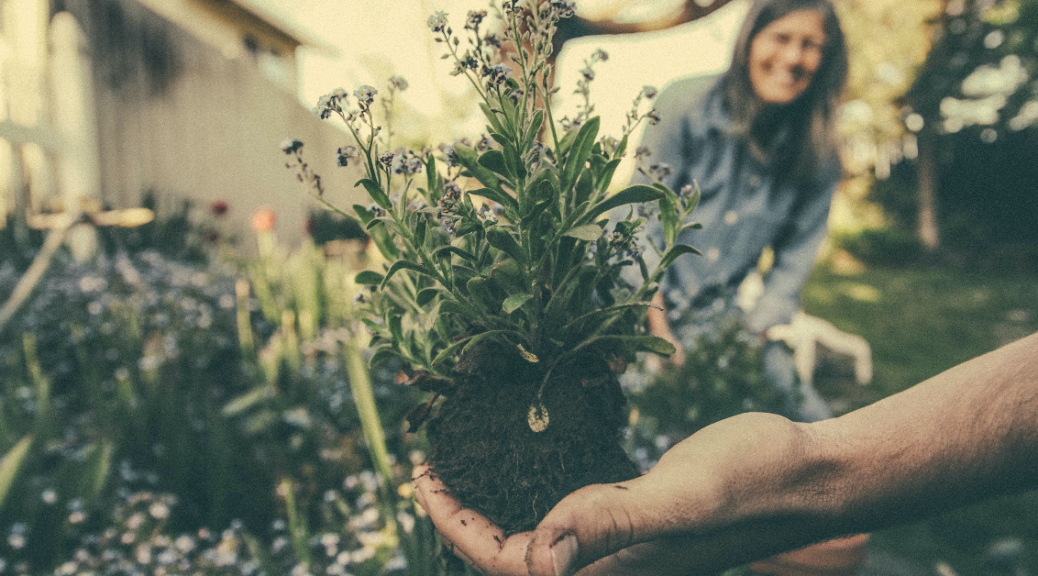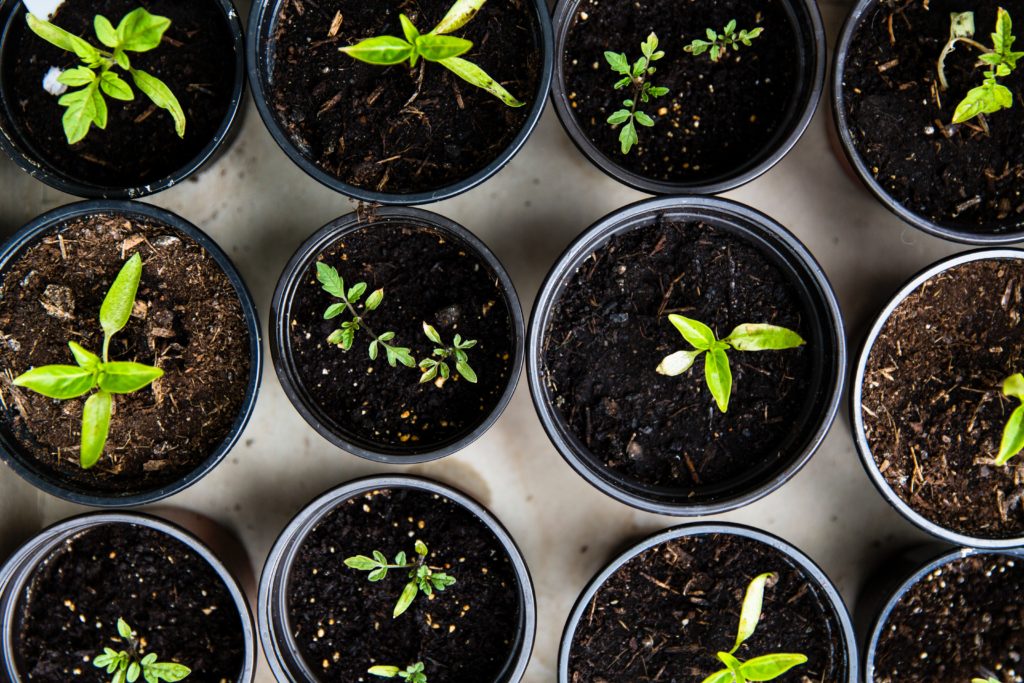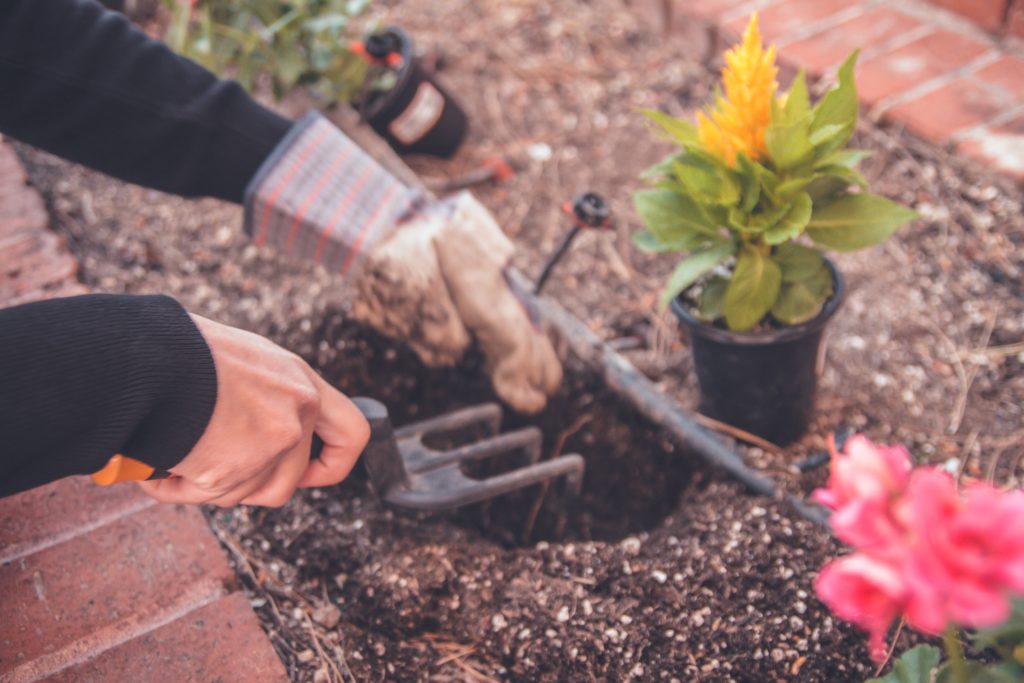By Vincent Yang
Starting something new can be quite daunting – whether it is starting a new job after quitting your first, settling in with a new roommate after moving out from your old college dorm, or declaring a new major after leaving your former field of interest. While those who are motivated by new challenges would be thrilled to charge into the great unknown, most people would feel apprehensive about stepping outside of their comfort zone and walking down a new path in their life. Let’s face it – fear is a primal human emotion that everyone has felt at least once in their lives, and facing uncertainty will arouse a degree of fear in anyone who is about to start something new. However, if you were faced with a situation where you had to decide whether to stick with the familiar ways of life that no longer interest you or to take a leap of faith towards a path untraveled, what would you do?
The year 2016 was a crucial yet tumultuous year in my academic career. Back then, I was a Ph.D. student in the field of Organic Chemistry. It was not that I was performing poorly academically, but more that I was losing interest in the field that I was working in. Having studied chemistry for 4 years throughout my undergraduate years and excelling academically in that field, I was convinced that chemical research was the right career path for me and remained in that field through graduate school. However, after my first year into the program I started to feel something was amiss. Even though my experiments and projects were going smoothly, the fervor I had when I first undertook my research project for faculty labs was no longer there, and nothing in this field seemed to stimulate me as much as it used to. In short, I was losing interest in the academic field I had centered my life around.

The loss of interest must have been quite obvious to others: My Primary Investigator (the person guiding me in my research project) and I had a long talk about this, and he suggested that maybe organic chemistry was not the right field for me. He proposed two options – if I truly thought chemistry was what I wanted to study, I could stay in his lab, but I would have to put more enthusiasm into my work; otherwise, I could switch disciplines to some other field in chemistry or find another academic field that interests me more. If I were to go with the latter option, I would either join a different research group of my interest in the chemistry department or leave the chemistry department altogether and join another department. That meant I would have to start over with a different project or delve into another unexplored academic field.
Throughout the 10 months after that discussion with my professor, my life went through a sharp turn of sorts. I would get into intermittent arguments with my family over my decision, fervent discussions with my friends in New York about possible options, and numerous advising sessions with various career/academic advising officers on campus to seek advice about what to do. For nearly 6 years of my life after high school graduation I had been studying only chemistry and related scientific disciplines and had no experience in any other field. Oftentimes I got conflicting suggestions from everyone: I had one person tell me that starting over completely in an undergraduate institution for a second bachelor’s degree could work out; another source told me that I should jump straight into the job market with a master’s degree in chemistry; a third suggestion was to seek a job in a different field other than chemistry after completing some useful certificate programs. Ultimately, the decision was up to me – I had to make a choice from all the options available to me based on my interests, priorities, and any constraining factors.
In the end, I decided to stick with advice from a close friend of mine and a family friend who worked as a software engineer in a Banking firm based in Manhattan: Learn how to program and look for a job as a programmer. When my friend first suggested this idea I found it to be quite preposterous: I didn’t know where to begin, had no idea how a computer program worked, and just looking at the work stations of engineering students scared the wits out of me. How on Earth would I learn how to code at all? Fortunately this good friend of mine was patient enough to direct me to the right points where I would learn the very basics of coding. He first directed me to Codeacademy, an online website dedicated to teaching various programming languages to people who wished to begin programming. It wasn’t a major step, like attending a boot camp for programmers and jumping straight into the job market, but it was a start. After taking several online courses, I found them quite engrossing and decided to continue learning and laying down the groundwork for understanding how to write a program.
Continue reading Facing a Changing Path with an Open Mind




